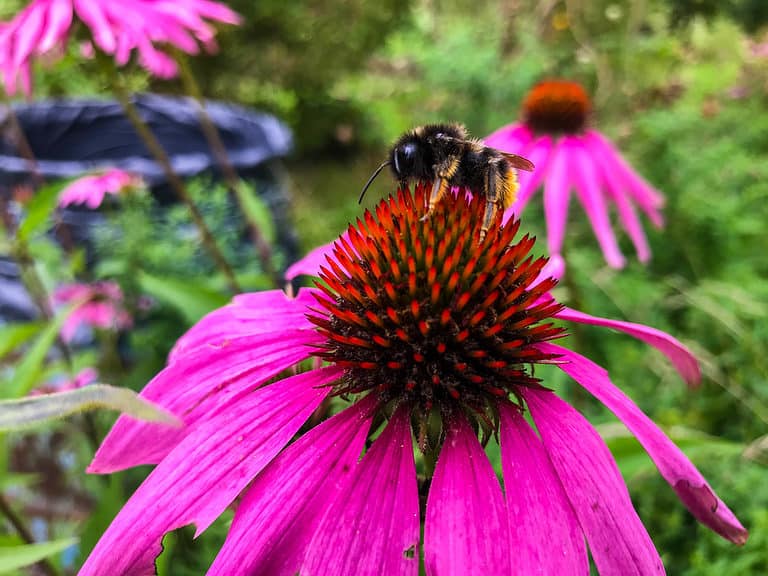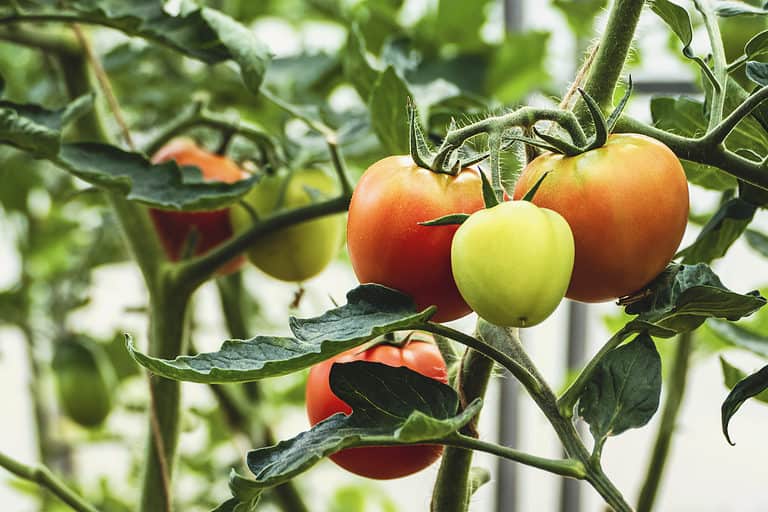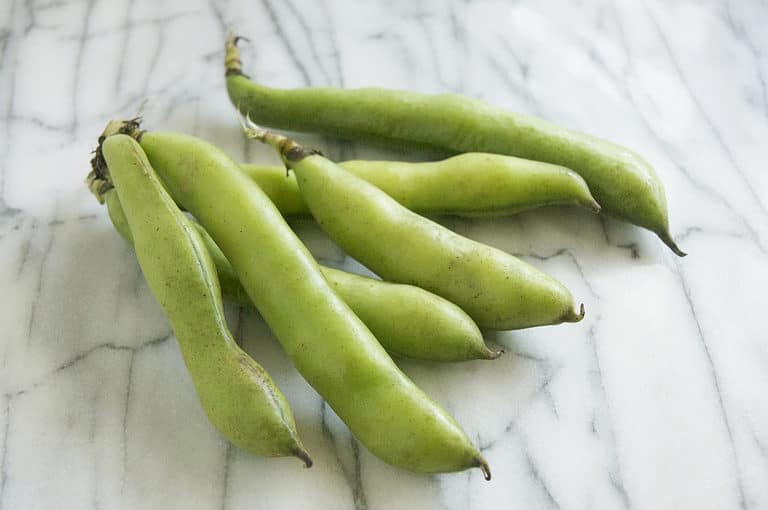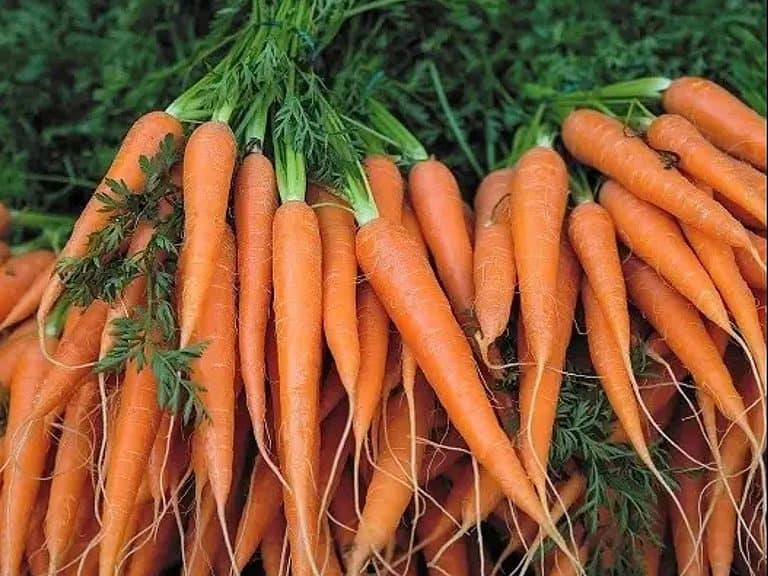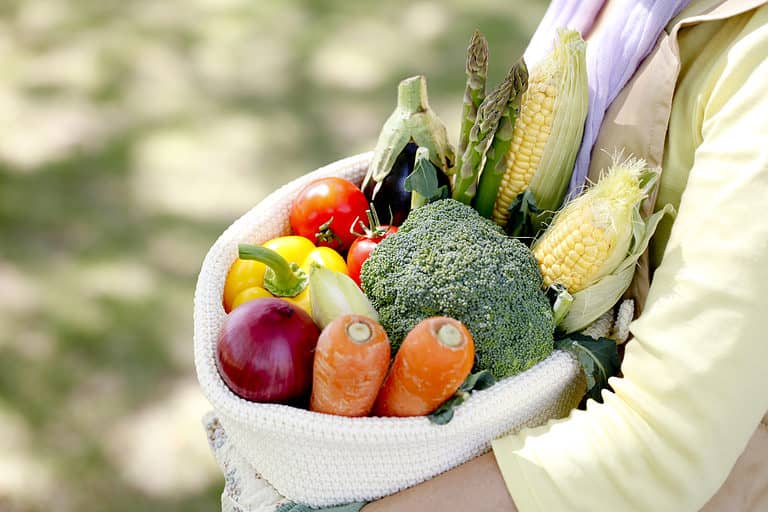What is Permaculture?
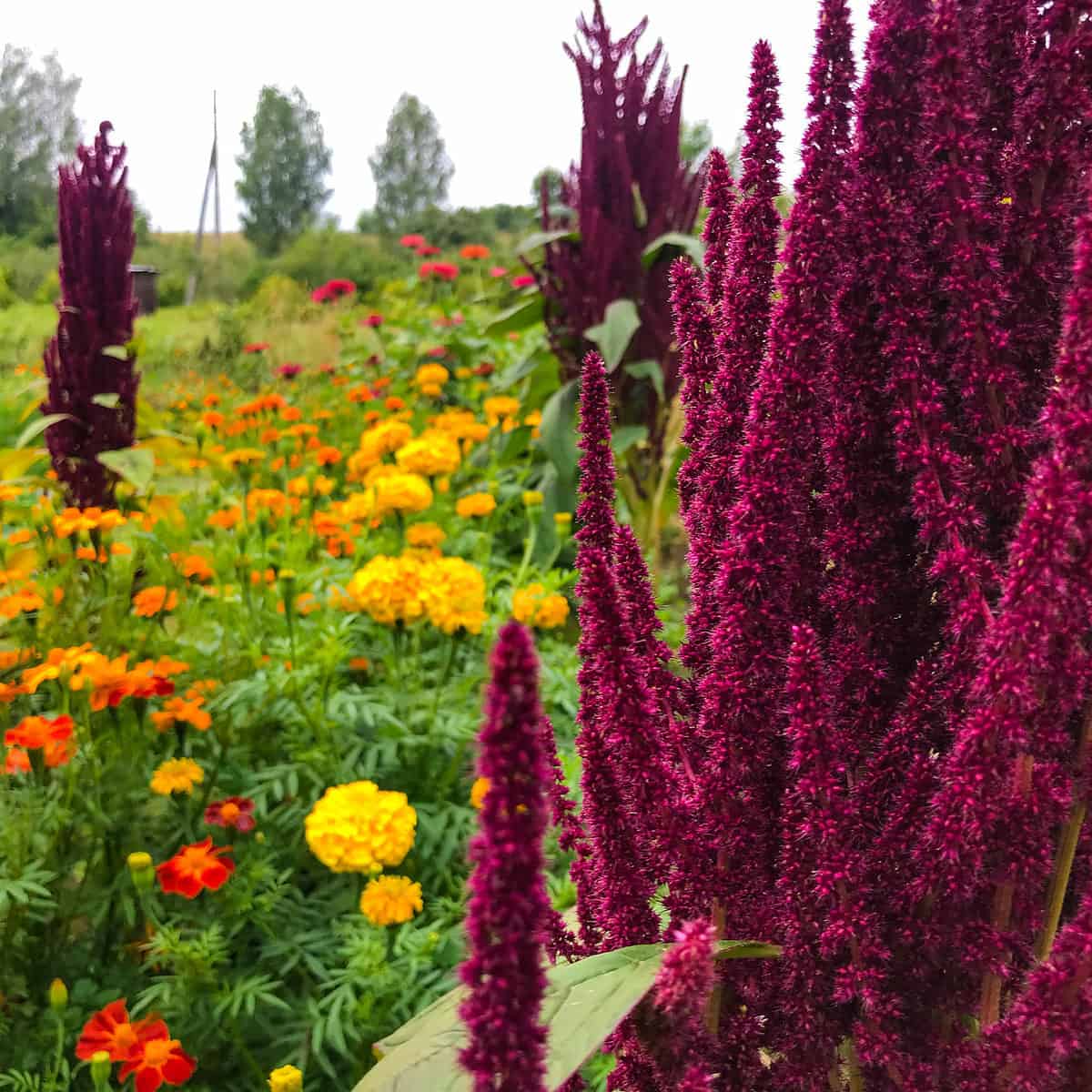
Permaculture is a holistic approach to designing and managing human settlements and agricultural systems that mimic the structure and function of natural ecosystems. In the coming paragraphs, you will come to learn what is permaculture, all it is about and why you should consider it. Stay with us!
What is Permaculture?
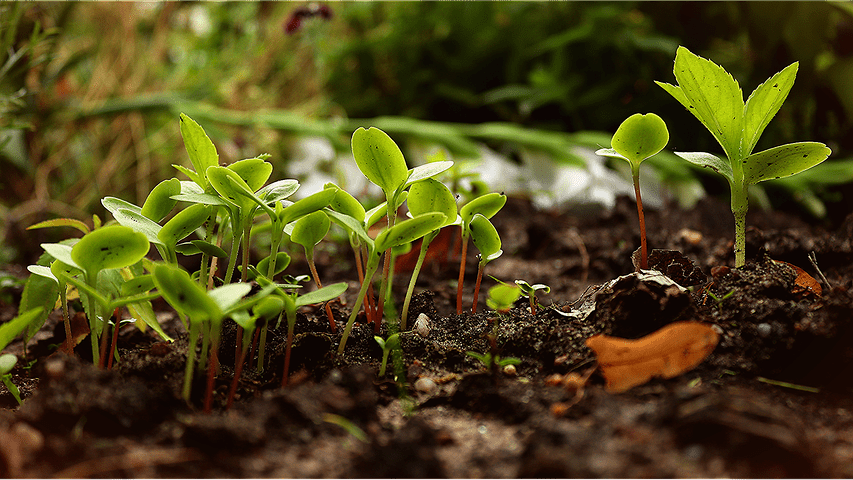
It is a way of thinking and acting that seeks to create sustainable and self-sufficient communities. This can be achieved by utilizing natural patterns and relationships to produce food, shelter, and other necessities of life.
Permaculture principles are based on the idea that humans can live in harmony with nature by designing systems that are similar to the functions of the natural ecosystems. These systems are designed to be resilient, adaptable, and self-sustaining. They often involve the use of natural resources such as water, soil, and solar energy in a responsible and efficient manner.
Applications of Permaculture
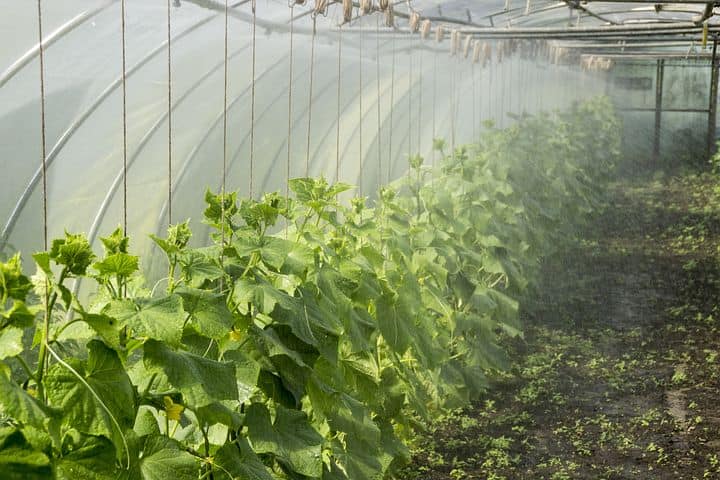
Perma-culture practices can be applied to a variety of settings. These include urban and suburban areas, small farms, and large-scale agricultural operations. Some common permaculture techniques include the use of polycultures (growing multiple crops together). Also, agroforestry (combining trees and agriculture) and the use of natural fertilizers and pest control methods.
Permaculture Benefits – Sustainability of the Ecosystem
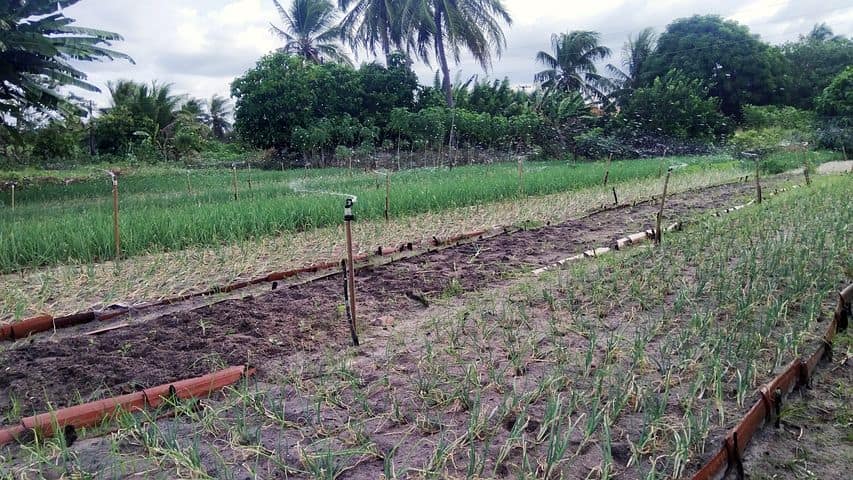
One of the key benefits of perma-culture is that it allows for the creation of diverse and self-sustaining ecosystems. This provides a wide range of benefits to both the environment and humans.
For example, permaculture systems can help to restore degraded soils and improve water retention. It also helps reduce the need for synthetic inputs such as pesticides and fertilizers. In addition, permaculture practices can support biodiversity by providing habitat for a wide range of species.
Perma-culture also has the potential to address some of the major challenges facing our world today. Some of which include climate change, resource depletion, and food security. By promoting sustainable and self-sufficient systems, permaculture can help to reduce our reliance on fossil fuels and other non-renewable resources.
Just as the gardening practice helps sustain the ecosystem, it provides an aesthetically pleasing outlook to the fields. It also supports the development of local food systems that are more resilient to the impacts of climate change.
Wrapping Up
In summary, permaculture is a holistic approach to designing and managing human settlements and agricultural systems. All in a goal to create sustainable, self-sufficient communities by mimicking the structure and function of natural ecosystems. It involves the use of natural resources in a responsible and efficient manner. Also, it has the potential to address some of the major challenges facing our world today.

